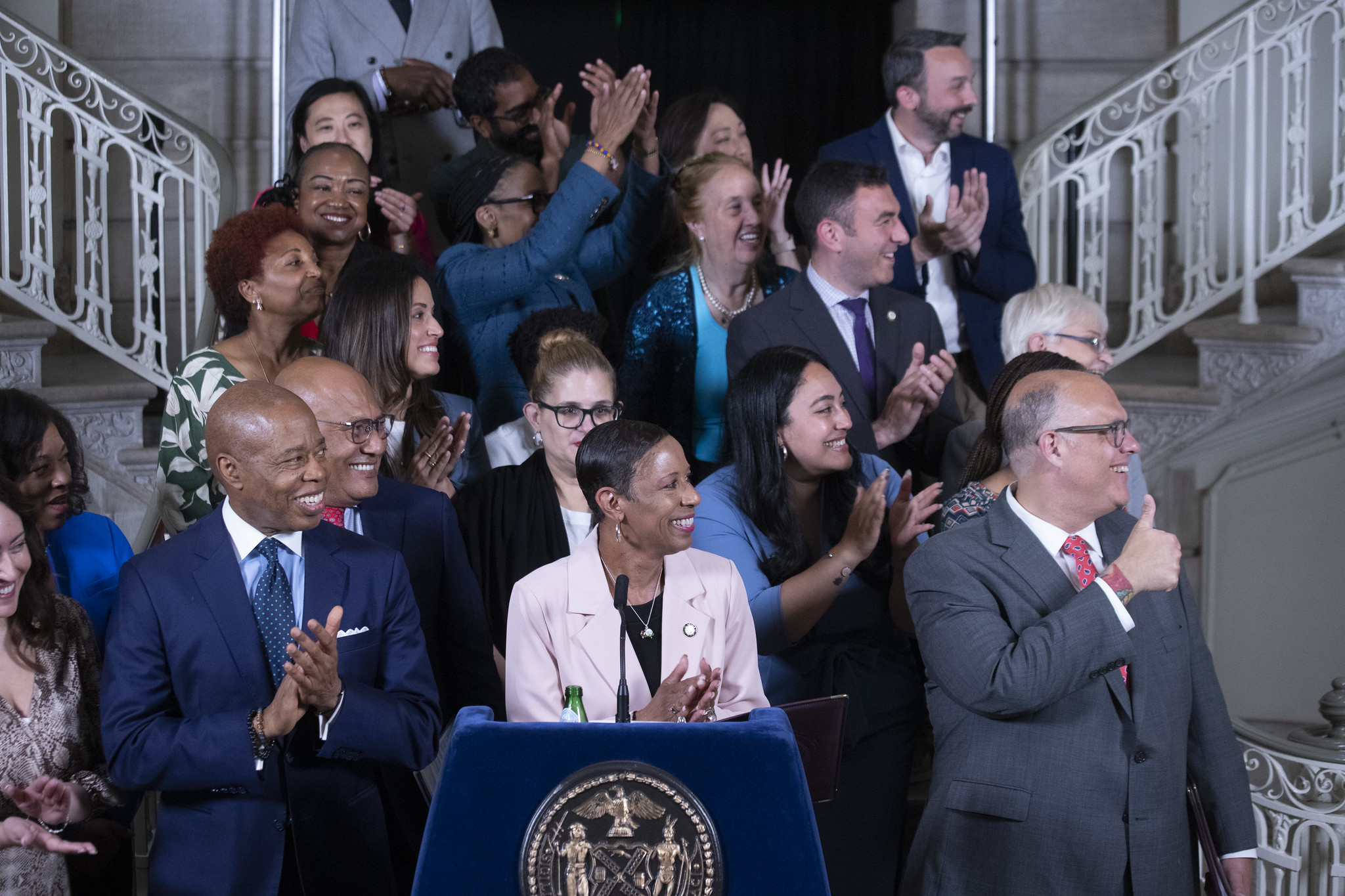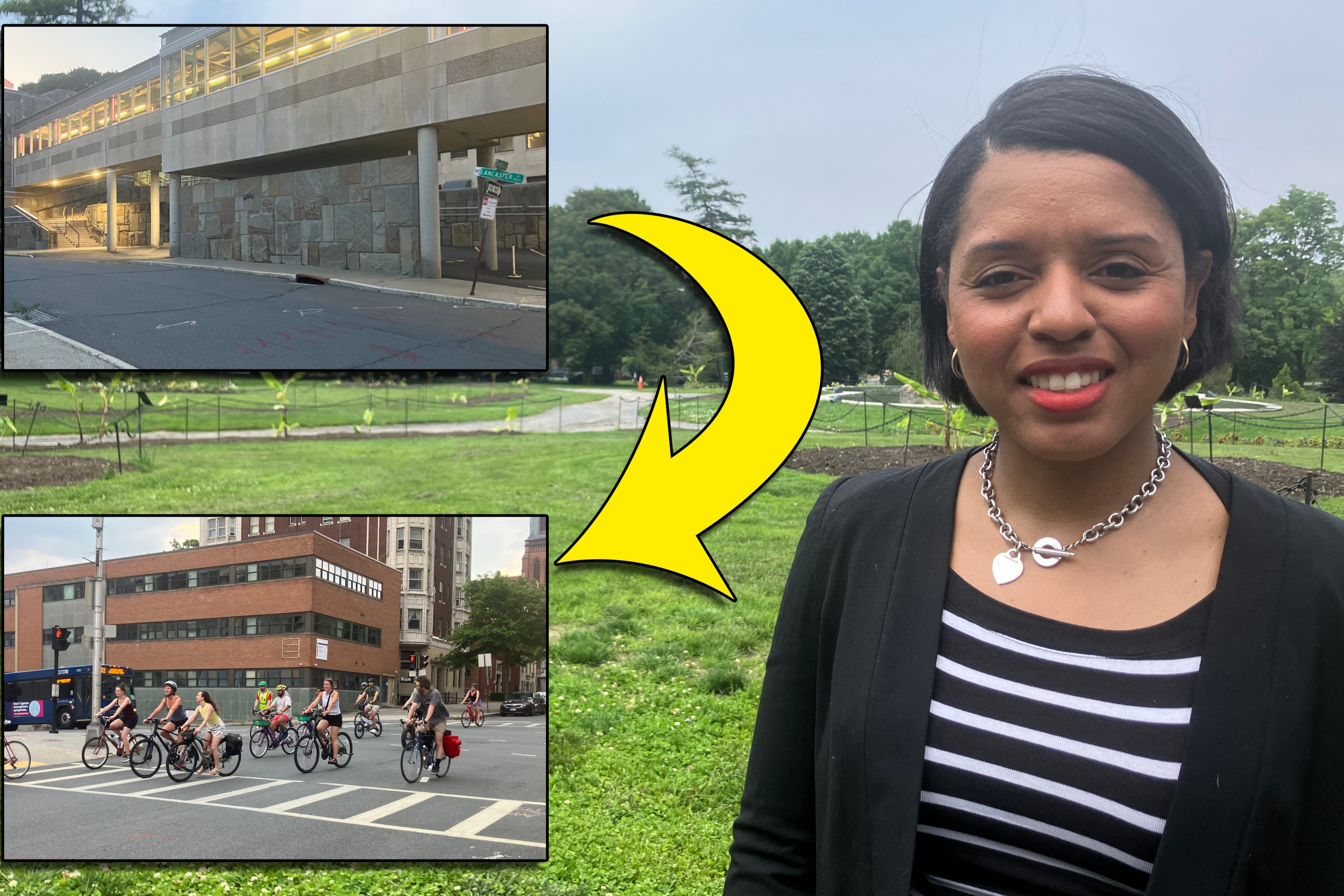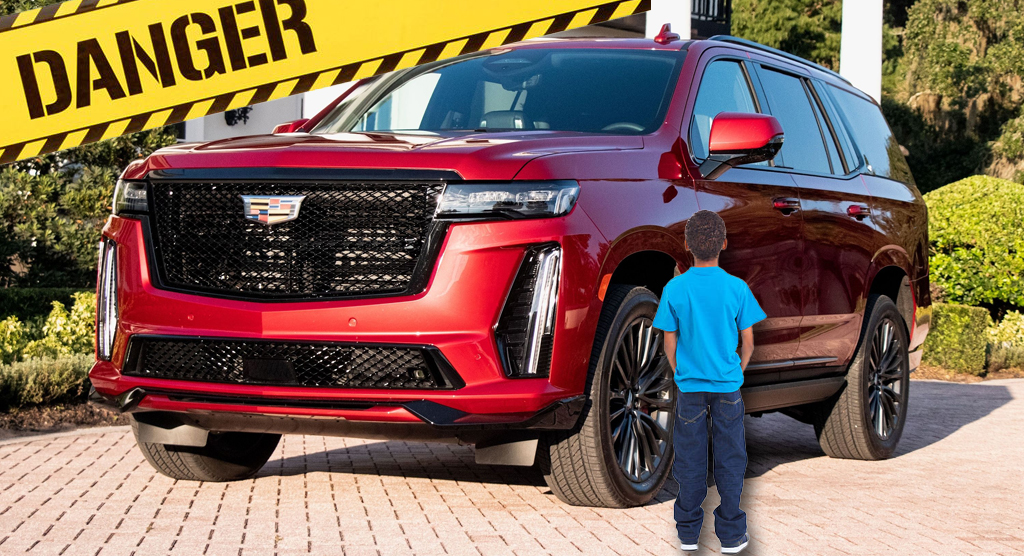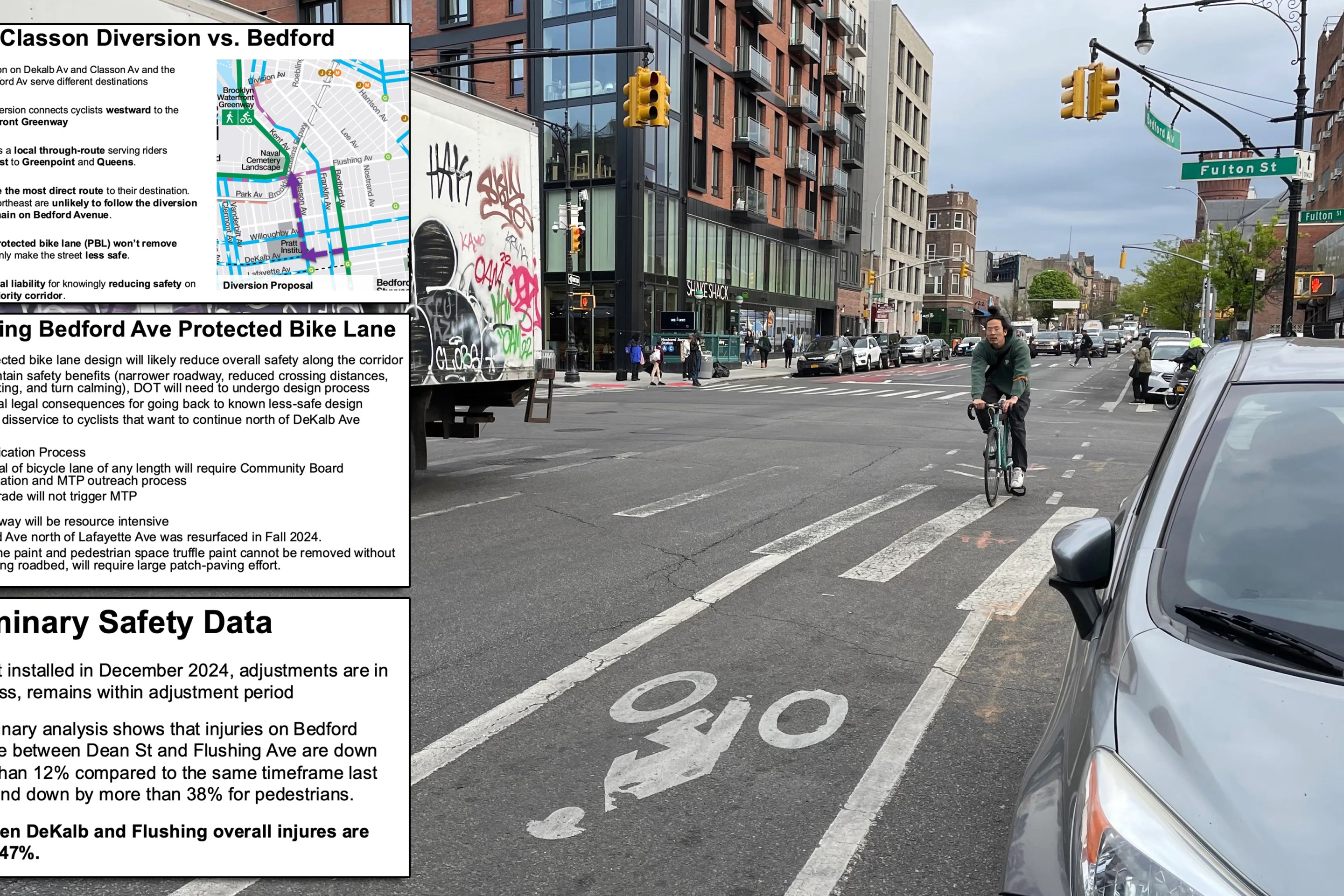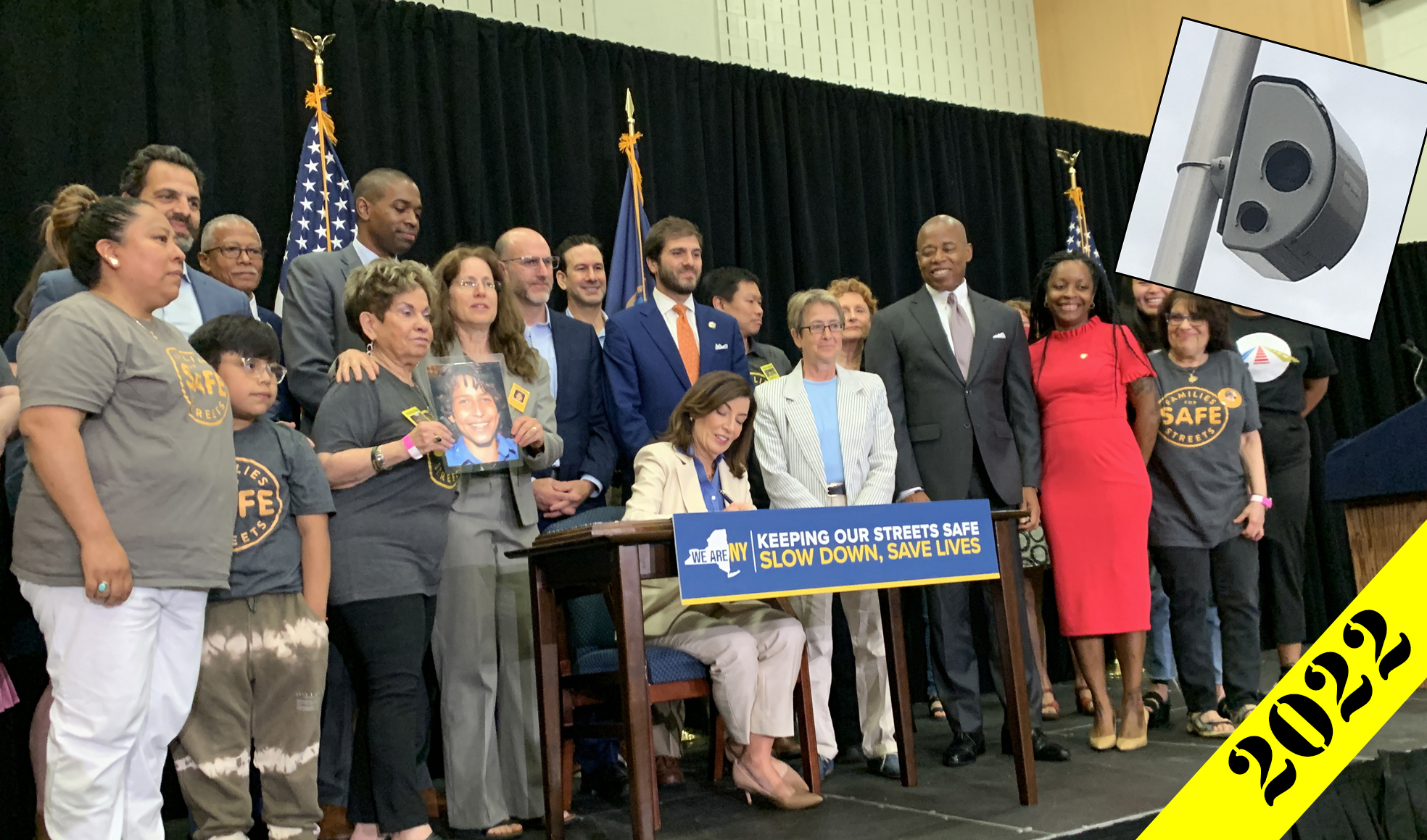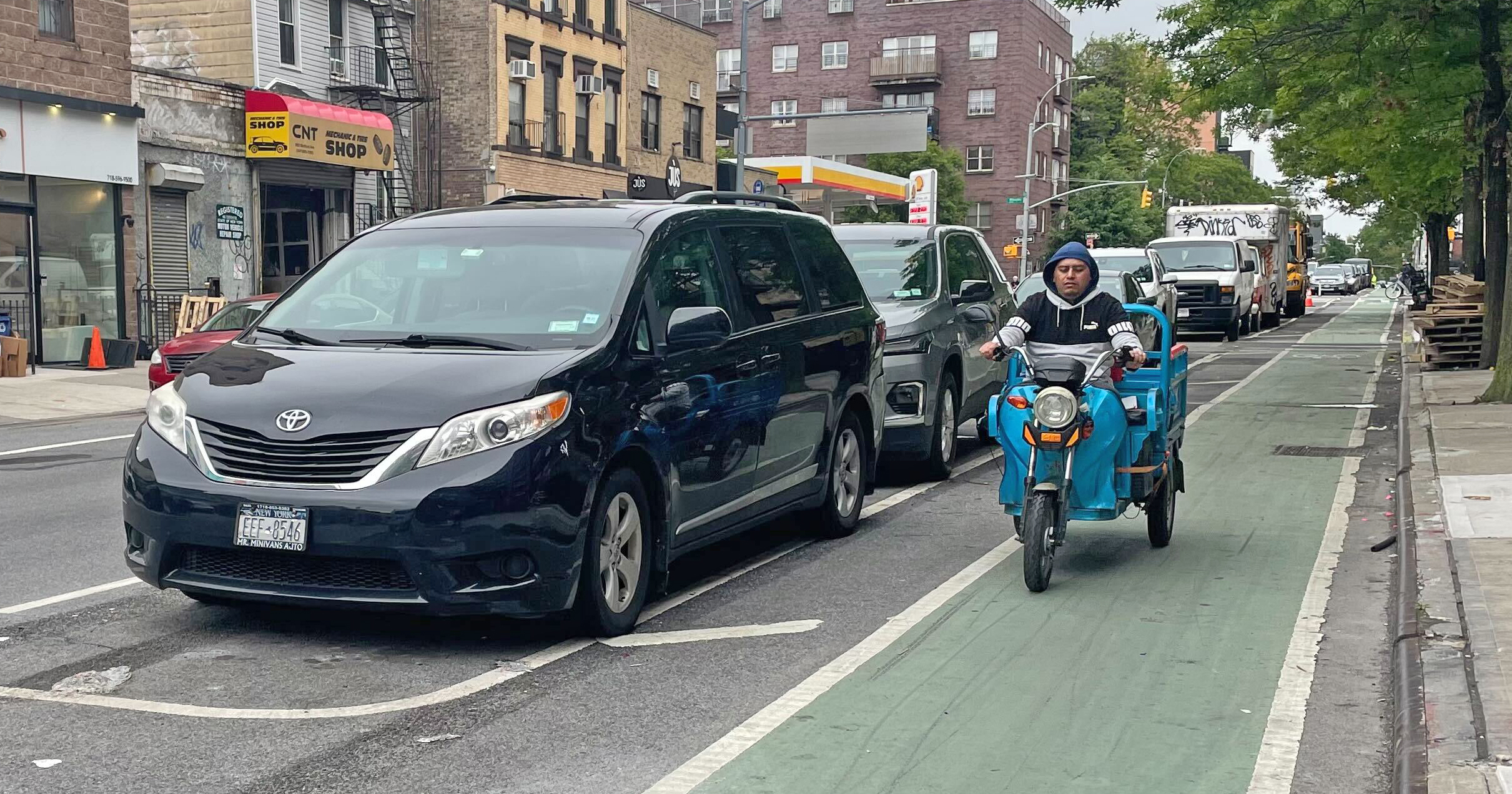He's Biden his time.
President-elect Biden has made a firm commitment towards electrifying the MTA's paltry fleet of just 25 electric buses, but don't hold your pollution-choked breath for that to happen any time soon — and that's coming from even the MTA's self-proclaimed optimist.
Hours after the Biden-Harris transition team put out its statement in support of "zero-emission" transit fleets, we reached out to MTA Bus President Craig Cipriano to ask the obvious questions:
- Your agency is in such trouble — do you really even want Joe Biden's e-bus money right now?
- OK, so if he gives you the money, what are you going to do with it?
- And, most important, is a fully electrified MTA bus fleet something any current MTA customer (even the kids) will ever get to enjoy? After all, it's 2020. Humans were supposed to have individual, zero-emission flying spacesuits by now, yet all we've managed to accomplish is two dozen electric buses in a city of nearly 9 million people.
In other words, what's so funny about peace, love and electric buses? Here is our excerpted conversation (annotated where necessary for context):

Streetsblog: Let's go over the basics: How many electric buses do you have in the entire fleet and how big is the current fleet?
Craig Cipriano: Since early 2018, we have leased 10 electric buses total (five operate in Manhattan and five operate on Brooklyn-Queens lines). We recently purchased 15 articulated buses for 14th Street in Manhattan and for the SBS60 to LaGuardia Airport. That's 25 electric buses out of a fleet of 5,800.
Streetsblog: Environmentalists and the Biden people seem to think of electric buses as a silver bullet to our transit and pollution problems. But you've experienced serious operational challenges over the last two years of your pilot, amirite?
Craig Cipriano: It's still test, which is why we call it a pilot. Our buses have, at best, a 90-mile range before needing to be recharged at the depot. But because we have four seasons here, as opposed to California, roughly one-third of the year, the electric buses consume more power. When it's colder than 45 degrees, we notice the power consumption goes way up. So on those days, we estimate that one-third of the bus routes would need a different schedule. The point being, when we look at our current schedules, either the technology has to mature (and what I mean is battery life) or we have to change the schedule, or add buses to the fleet. When a natural gas or diesel bus goes out, it makes the schedule. But those electric buses need to get topped off. They can't make as many full round trips that a CNG or diesel bus will make. But we are confident that the batteries will mature.
Streetsblog: OK, so let's get to exactly what the president-elect said: The federal government under his leadership will "provide every American city with 100,000 or more residents with high-quality, zero-emissions public transportation options through flexible federal investments." And the former vice president has made a big bet on electrification across the board. Is that what you need right now? I mean, your agency is in a lot of financial trouble.
Craig Cipriano: Let's take a step back first. The governor made a major commitment to the all-electric fleet by budgeting $1.1 billion towards 500 electric buses in the 2020-2024 capital plan, which is on pause because of the fiscal calamity. [Editor's note: The capital plan said the MTA's entire bus fleet would be "zero emission' by 2040, which seems unlikely.]
The funding for that came from congestion pricing. [Editor's note: Congestion pricing, which could have started as early as January, 2021, is also stalled, with no start date in sight, and little, if any, political pressure being pushed towards the president-elect by our local officials.] Fortunately, the president-elect has reaffirmed the commitment to a zero-emission fleet. And other investments [in vehicle and roadway electrification that Biden has discussed previously] could help the e-bus industry mature. Remember, it's not just about the bus itself. It's also working with stakeholders across the board: power companies, planning divisions to put in charging stations. The electric bus program is beyond what the MTA can deliver by itself. It's about coming together across the board. We work with New York Power Authority and Con Ed, for example. And right now, we pay more per bus mile on the electric side than on the gas or diesel side. That's not only on Con Ed. It's on us because we operate electric buses during the day when electricity costs more.
Streetsblog: Don't sugarcoat it to us. Give it to us straight. There are other operational challenges to electric buses.
Craig Cipriano: Right now, we have so few buses that we're plugging them in at the depot. In the future, when you have 300 in the depot, plugs won't work. You need chargers that come down from the ceiling or up from the floor, or inductive charging [no plugs]. That has to play out if these things are going to be viable. Think about our 42nd Street bus. We worked with the Hudson River Trust to put in a charging post on the 11th Avenue side of the route and we installed another one on the First Avenue side of the route. The bus gets a five-minute power boost during the layover. We don't pull buses back in mid-route typically, so we'd need chargers out on the road. The SBS60 is 20-mile round trip. So we get three or four round-trips before those buses have to return to the depot.
And resiliency is key. If the buses and subway rely on electric, how do you provide mobility in the event of a major situation like Hurricane Sandy that knocked out the power? A major policy shift at the federal level could help to solve those problems.
Streetsblog: So you're optimistic, despite it all?
Craig Cipriano: I'm very optimistic.

